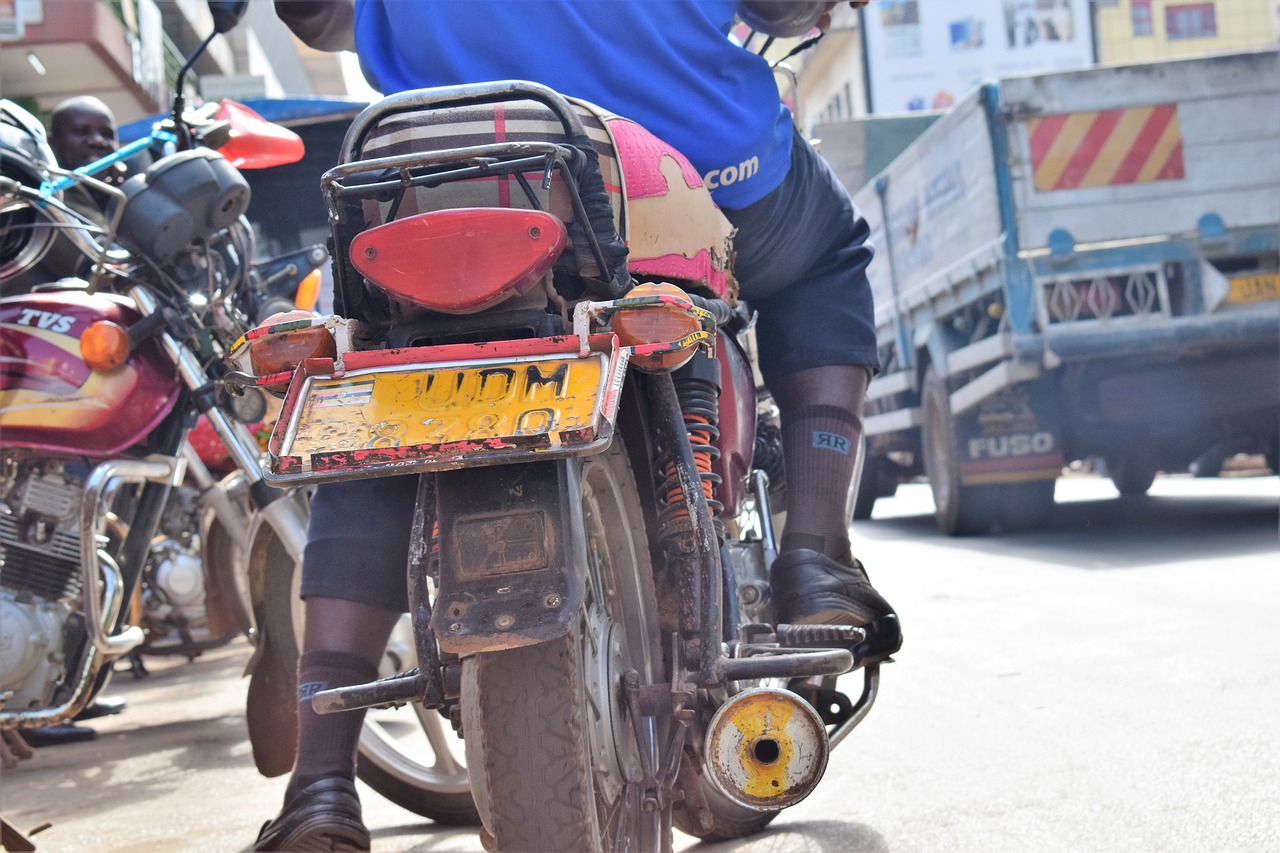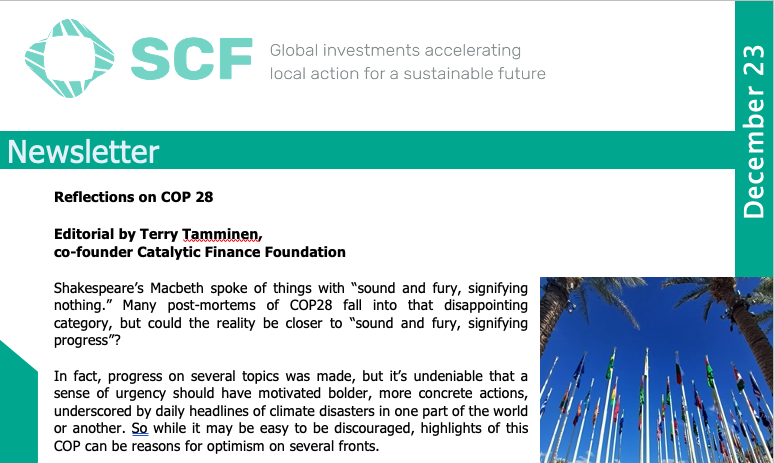Dominica
Climate change, characterized by increased temperatures, changes in precipitation patterns and extreme weather events such as drought, hurricanes and tropical storms, has already drastically affected Dominica. The International Monetary Fund (IMF) ranked Dominica as the country that cumulated the worst natural disasters between 1980 and 2017 based on sustained damage. Tropical Storm Erika (2015) and category 5 Hurricane Maria (2017) together have caused damage corresponding to 300% of Dominica’s Gross Domestic Product (GDP). According to the Global Climate Risk Index 2020, Dominica is the second country in Latin America and the Caribbean (after Haiti) most vulnerable to climate-related and other natural disasters over the period 1999-2018. Hurricanes and tropical storms are the main climate-related hazards affecting Dominica and their impact over the past four decades has been significant.
Dominica as a small island developing State is vulnerable to current and ongoing impacts from climate change. Facing ever escalating social, environmental and economic costs from such impacts, the priority of the Government of Dominica is to implement the comprehensive Strategic Program for Climate Resilience contained in the Dominica Low Carbon Climate Resilient Strategy (2012).
For Dominica, there is little distinction between adaptation and mitigation measures – an integrated response is being implemented to build climate resilience in vulnerable communities, while enabling Green Growth through the transition to sustainable energy technologies.
Recognising Dominica’s common but differentiated responsibility and limited capabilities to address climate change, Dominica commits to progressively reduce total gross greenhouse gas (GHG) emissions below 2014 levels at the following reduction rates: 17.9% by 2020; 39.2% by 2025; and 44.7% by 2030.
- Waste and sanitation management,
- Renewable energy and energy efficiency infrastructure projects,
- Nature based solutions,
- Regenerative Agriculture.
More specifically, training can focus on:
- Public private partnerships,
- Identification, design and development of impact and bankable infrastructure projects,
- Access to Green Finance opportunities
- MRV process at the local level and linkage/reporting to the Ministry of Environment.
- Zero Waste Campus (Dominica Solid Waste Management Company – DSWMC)
- Green Industrial Eco Park
- Geothermal Wellhead Power Plant
- National low carbon transport
- Regenerative agriculture
- Transition to high technology low carbon agriculture
- Provision of database and information for the country’s SCF profile (16 June 2021).
- Holding Commonwealth Dominica SCF National Consultations (27 September 2021).


